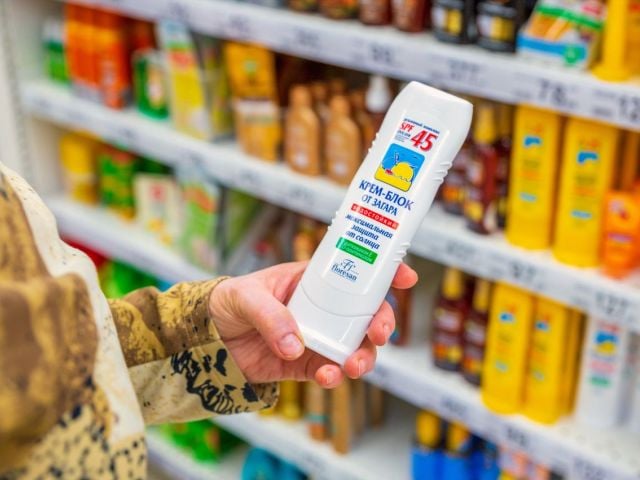March is Women’s History Month, when the nation honors the many women who have had a lasting impact on American culture, history and women’s rights. This year also marks the 100th anniversary of the first women’s suffragist march in Washington, DC in 1913. At EWG, we applaud the early suffragists who fought so valiantly for equality and would also like to take the opportunity to highlight women scientists today who fight to create a safer environment. Most people know about Rachel Carson’s trailblazing work in bringing to public attention the dangers of pesticides, and EWG wants to acknowledge some of the women who have followed in Carson’s footsteps. Click through this slideshow to learn about 13 female scientists who deserve national recognition for their contributions to environmental science.
Lisa Jackson
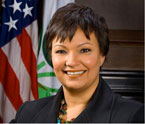
Chemical engineer and the first African-American to serve as EPA Administrator
Jackson has focused on protecting air and water quality, preventing exposure to toxic contaminants and reducing greenhouse gases.
Theo Colborn
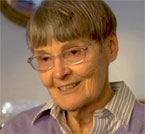
Author of “Our Stolen Future,” a groundbreaking book on endocrine disruptors; founder of TEDX – The Endocrine Disruption Exchange.
Colborn has published and lectured widely on the effects of toxic chemicals over generations on developing endocrine, immune, metabolic and nervous systems in the womb and early childhood. She was also one of the first scientists to raise concerns about hydraulic fracturing (fracking) for natural gas.
Susan Shaw
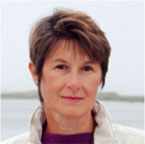
Director/founder of the Marine Environmental Research Institute and professor of environmental health sciences at the State University of New York/Albany
First scientist to show that flame retardant chemicals used in consumer products contaminated marine mammals and commercially important fish stocks in the northwest Atlantic.
Tamarra James-Todd

Instructor in medicine at Brigham and Women’s Hospital/Harvard Medical School
James-Todd has done unique research on toxic chemicals in women’s personal care products that can cause early puberty, diabetes or other health problems.
Linda Birnbaum
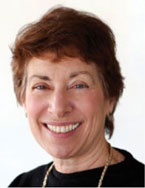
First toxicologist and first woman to head the National Institute of Environmental Health Sciences and the National Toxicology Program
Her research focuses on the mechanism of action of endocrine disruptors and other toxic agents and linking real-world exposures to health effects.
Jane Houlihan
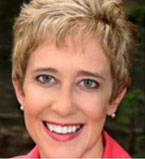
Former senior vice president for research at EWG
Under her direction EWG created go-to resources for consumers seeking safer choices, including EWG's Skin Deep cosmetics safety database, EWG’s national tap water database and EWG's body burden testing programs for industrial pollutants in people.
Arlene Blum
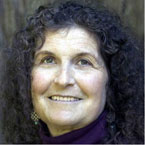
Founder of the Green Science Policy Institute and a leading advocate on toxic fire retardants
Her research helped bring about a ban on the toxic fire retardant Tris in children's sleepwear and built momentum for modernizing flammability standards. She also led the first American and all-woman ascent of Annapurna I, one of the world’s most dangerous and difficult mountains.
Jewel Plummer Cobb
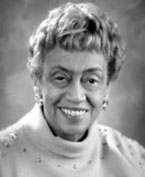
A biologist, Cobb, now retired, did groundbreaking research on chemotherapy for cancer, melanin development and cell division.
Former president of California State University/Fullerton, Cobb used her education and experience to help minority students and women pursue careers in science.
Heather Stapleton
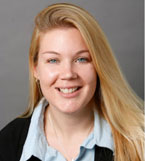
Associate professor of environmental chemistry at Duke University; expert on bioaccumulation of brominated flame retardants.
One of the youngest scientists on EWG’s list, Stapleton is known for her research on persistent organic pollutants, PCBs and PBDEs and organic contaminants in aquatic systems and indoor environments.
Ana Soto
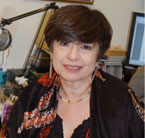
Professor of anatomy and cellular biology at Tufts University School of Medicine, author of dozens of papers on BPA.
Soto has done award-winning research on BPA exposure and its effects on development and cancer. With Theo Colborn, she wrote one of the first published papers on endocrine disruptors.
Tracey Woodruff
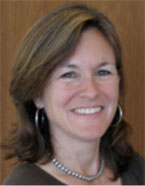
Award-winning researcher and director of the Program on Reproductive Health and the Environment at the University of California/San Francisco.
Woodruff has won EPA awards for the first comprehensive national description of toxic concentrations in air and for research on toxic contamination in children, helping to advance policies to reduce the impact of environmental contaminants on reproductive and developmental health.
Marion Nestle

Best-selling author and professor of nutrition, food studies and public health at New York University
Nestle has written several books that examine scientific, socioeconomic and marketing influences on food choice, obesity and food safety, including “Food Politics,” “Safe Food” and “What to Eat.”
Devra Davis

Epidemiologist, National Book Award finalist and founder of the Environmental Health Trust
Davis’ career has spanned broad areas of academia, public policy and scientific research. She is a leading scientist and advocate on cell phone radiation safety and is the author of more than 190 publications, including the book “Disconnect.”
